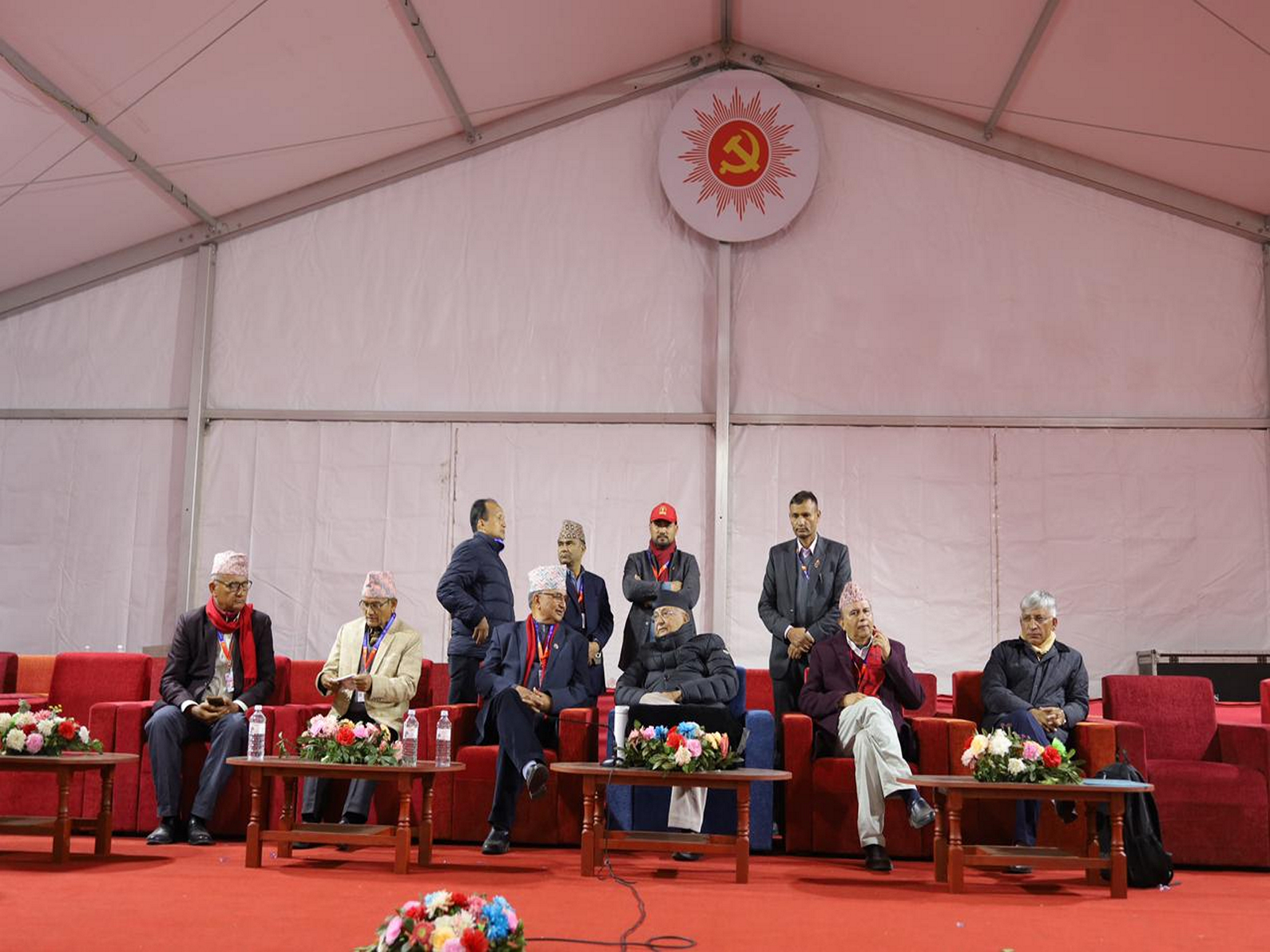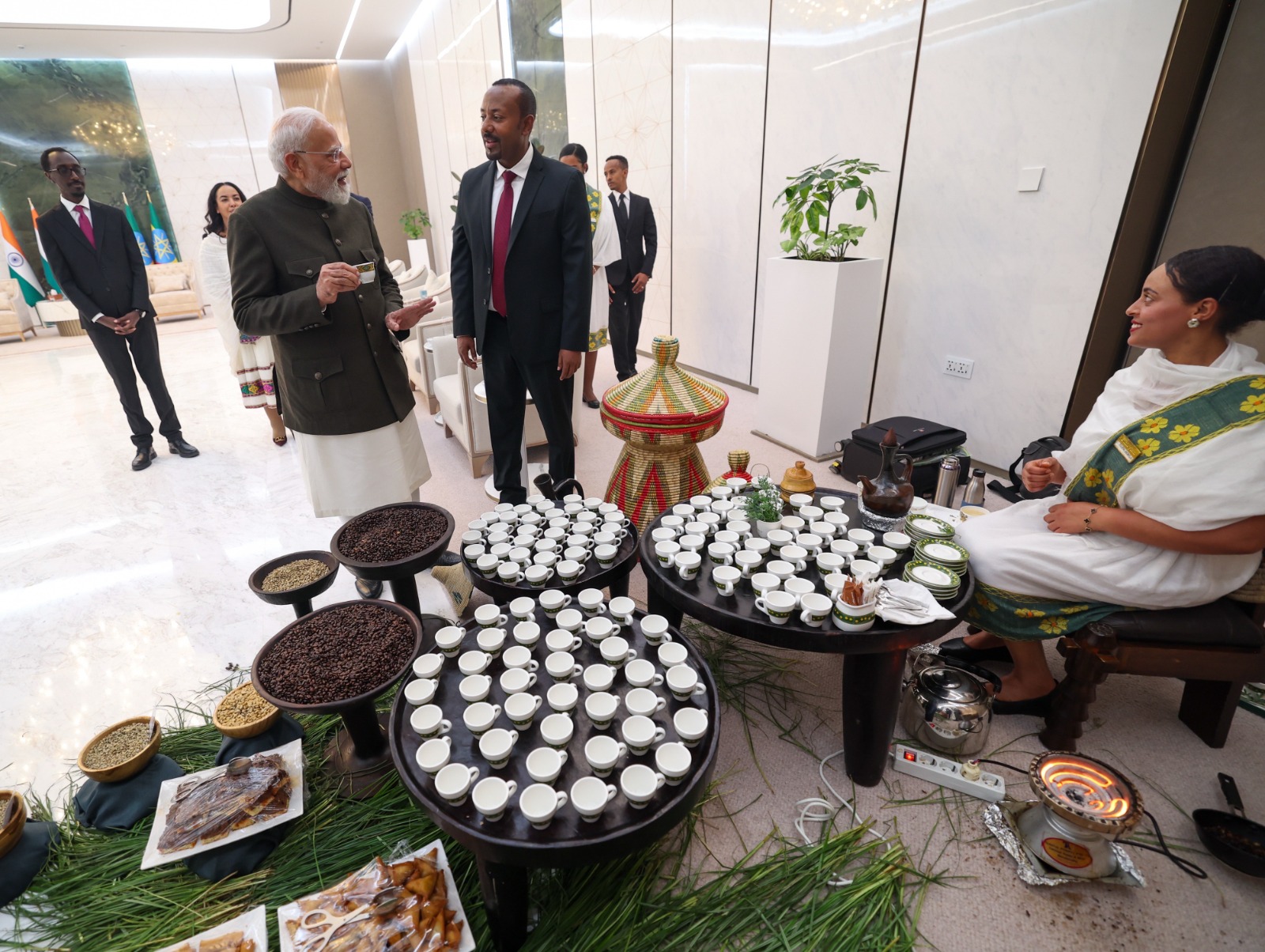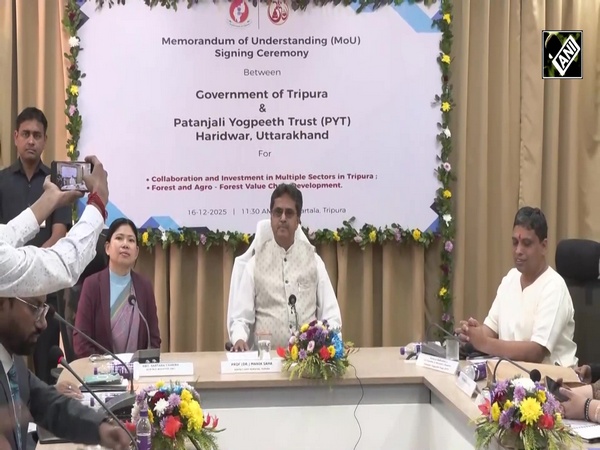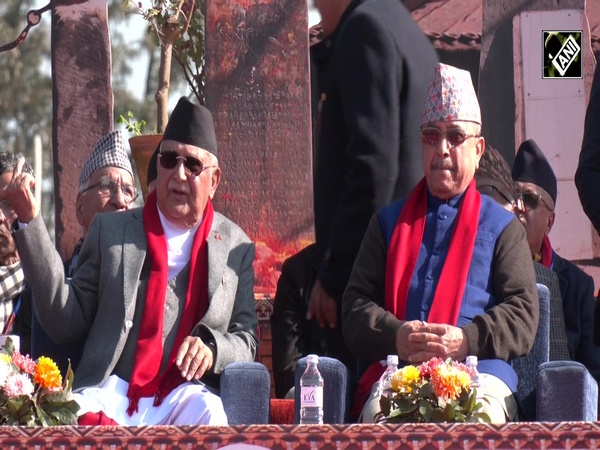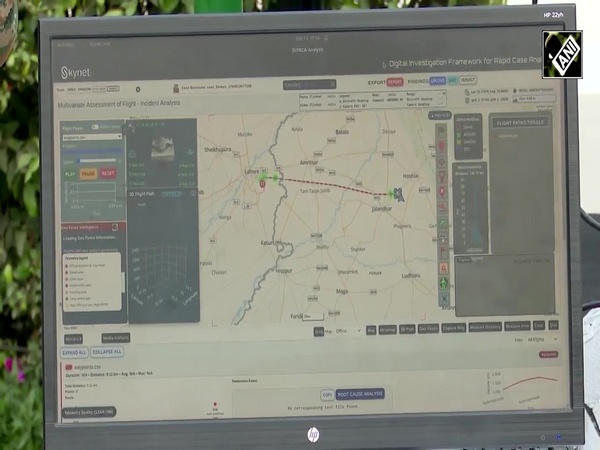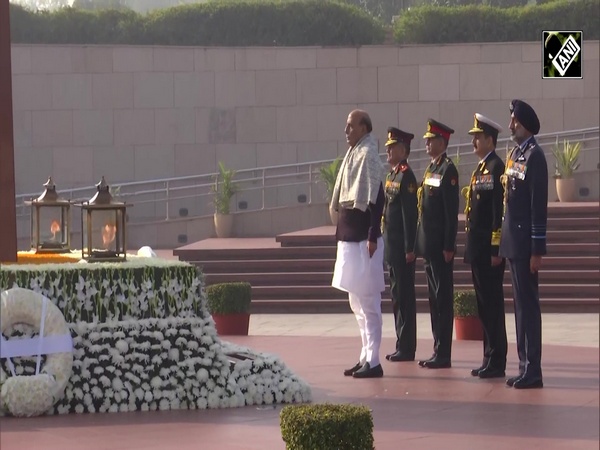
Italian Journalist at Balochistan Conference: "Balochistan is an occupied territory, and its people are denied basic rights "
Oct 01, 2024
Geneva [Switzerland], October 1 : During the 5th Balochistan International Conference, organised by the Baloch National Movement (BNM), Italian journalist Francesca Marino discussed the ongoing atrocities in Balochistan and how Pakistan is exploiting the region and its resources.
Marino stated, "First and foremost, Balochistan is not merely a region of Pakistan. It became part of Pakistan through treachery and deceit. In reality, Balochistan is an occupied territory, illegally annexed by force."
She explained that the deception began when Muhammad Ali Jinnah, who served as the legal counsel for the Khan of Kalat during negotiations with the British for the state's independence, betrayed that trust. The Pakistani army later entered Kalat, coercing the Khan into signing an accession document--an act of force.
At that time, Kalat was a constitutional monarchy, and even though the Khan signed under duress, the signature held no legal weight. The decision required parliamentary ratification, which the assembly refused--twice--before being dissolved.
Marino further addressed the condition of Balochistan: "Over the years, as often happens, the people have reacted, and this is the fifth time Balochistan has risen in revolt. It began in 2007 when Nawab Akbar Bugti, a leader in his eighties who was practically immobilized, was killed by General Musharraf's men. He was hiding in a cave and accused of leading a rebellion. His body was never returned to his family--only his glasses and wristwatch, which curiously remained unharmed despite the bombing.
Focussing on the China-Pakistan Economic Corridor (CPEC)--a project often lauded by Pakistan and China for promoting economic development--she noted, "CPEC marked a turning point. Gwadar, which they plan to transform into a 'new Dubai,' has become a playground for the elite, while the Baloch have been excluded from development, denied access to clean water, fishing, and basic freedoms. Gwadar has been severed from the rest of Balochistan, its future shaped by a mix of military and Chinese interests."
She emphasised that Chinese investments in Balochistan's Saindak and Reko Diq mines have exploited local resources while infrastructure has been built primarily to serve Chinese interests, leaving the local population without basic benefits.
Despite documented human rights abuses, Marino pointed out that Pakistan faces little international pressure due to geopolitical considerations. "What is more concerning is that this 'Balochistan recipe' has now been applied to other regions in Pakistan," she said, referring to similar repression in Pashtun, Sindhi, and Kashmiri areas.
She concluded by urging the international community to hold Pakistan accountable: "The only solution is to hold Pakistan accountable under international law, which should apply equally to all states," she stated, underscoring the urgent need for global attention to Balochistan's ongoing struggles.
